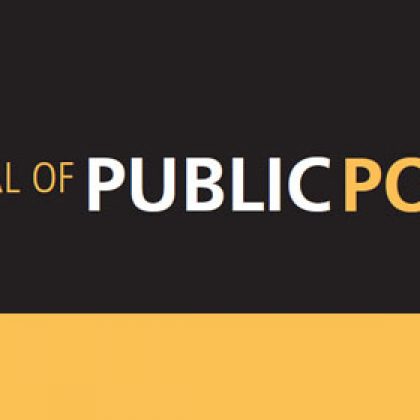Consuming probiotics decreases the duration of common respiratory infections
A review collating the work of dozens of researchers across the world, published this week in the British Journal of Nutrition, found that consuming probiotics decreased the duration of common upper respiratory tract infections (RTI) by up to a day.
This kind of assessment, called a systematic review, is widely accepted by many regulatory and policy-setting organizations worldwide as the best means to weigh evidence for a given intervention. This review on probiotics provides strong evidence for the value of probiotics as part of a healthy diet.
This systematic review examined studies that provided healthy adults and children with probiotics (specifically Lactobacillus and/or Bifidobacterium strains present in yoghurt or dietary supplements) or a placebo and then tracked symptoms once a RTI was experienced.
Combining the data from these studies demonstrated that those participants who consumed probiotics had significantly fewer days of illness per person, shorter illness episodes, and fewer days absent from daycare, school or work than participants who had taken a placebo. Importantly, the majority of these studies were considered to be well-conducted, so that their results – and hence the conclusions of the meta-analyses – are likely to be reliable.
The paper’s lead author, Dr. Sarah King, affiliated with York Health Economics Consortium in the UK, commented, “The core of nutrition science is to advise on the construction of a diet that helps maintain health and reduce risk of disease. This paper shows that with the addition of live lactobacilli and bifidobacteria to your diet, the duration of upper respiratory tract infections (e.g. colds) could be shortened. Combined with results from a 2011 meta-analysis published in the Cochrane Database of Systematic Reviews, which demonstrated that probiotics can reduce the incidence of upper RTIs, the implication of these findings are significant, and could translate into cost savings and quality of life improvements.”
The paper is available here as an open access publication.
The study was funded by the Global Alliance for Probiotics, which seeks to better understand the strength of evidence of probiotic interventions.
For more information on Global Alliance for Probiotics, see http://www.gap-probiotics.org/ For more information on York Health Economic Consortium, see http://www.yhec.co.uk/







It’s importante to know about the benefits of preobiotic bactéria in association with fruits and vegetables, to avoid CVD (AVC in portuguese), and to avoid respiratory infections.